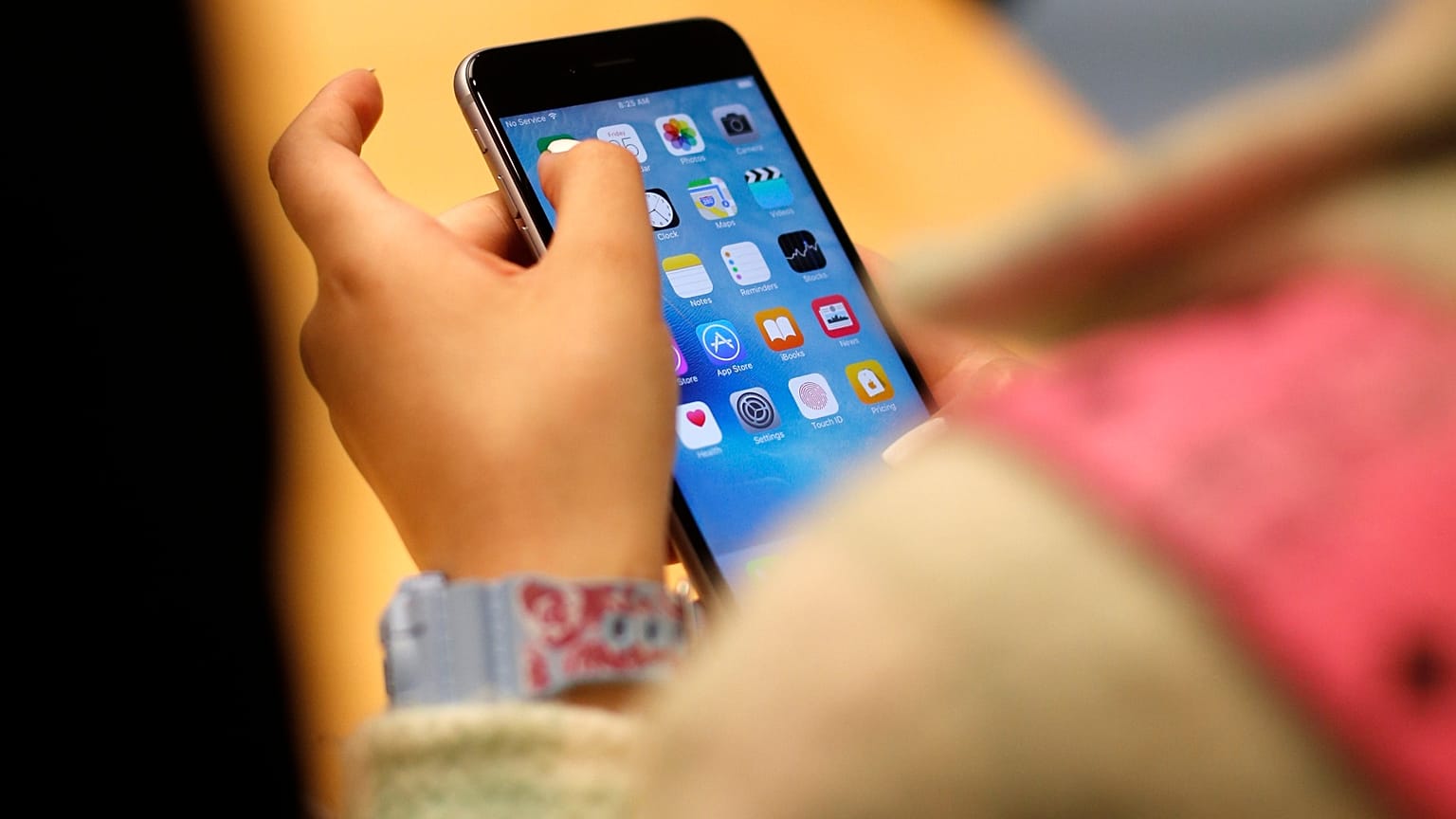Health
European Efforts to Curb Youth Social Media Use Gain Momentum

European lawmakers are increasingly advocating for measures to limit children’s use of social media and mobile phones, responding to growing concerns over the negative impact of excessive screen time on young people’s mental health. The push for change comes as many parents grapple with the challenges of helping their children navigate digital spaces safely and healthily.
Research indicates that “problematic” social media use is rising among teenagers in Europe. A report released by the World Health Organization (WHO) earlier this year highlighted the digital world as a significant factor contributing to global loneliness among youth. Experts link excessive screen time to a myriad of issues, including reduced physical activity, disrupted sleep patterns, increased anxiety, and social isolation.
Dr. Janna-Lina Kerth, a pediatrician at the University Hospital of Düsseldorf in Germany, notes that young people often find themselves trapped in a “vicious cycle” where the more time they spend on screens, the more they desire to remain online. In light of these findings, policymakers are exploring ways to break this cycle.
In September 2023, Ursula von der Leyen, President of the European Commission, revealed her intention to implement social media restrictions for children throughout the European Union. While some countries consider outright bans, others are exploring more innovative approaches to encourage children to engage in offline activities. For instance, Sweden has introduced a “leisure activity card” aimed at subsidizing organized activities—such as sports or language classes—for children aged eight to 16. Madeleine Larsson, project manager at Sweden’s public health agency, emphasized the importance of meaningful leisure time for children’s overall health.
Despite these initiatives, much responsibility remains with parents, who play a crucial role in shaping their children’s digital habits. Dr. Kerth offers several strategies for families seeking to reduce screen time while promoting healthier lifestyles.
Fostering Healthy Digital Habits
One fundamental approach is for parents to model the behavior they wish to see. Children often take cues from adults, and Dr. Kerth suggests that parents be deliberate with their own screen time. For example, avoiding the temptation to send one last email after dinner can set a positive example. Additionally, establishing family screen time goals can foster cooperation rather than resistance among children.
Engaging in open dialogue about digital usage is also essential. Dr. Kerth warns that outright bans on social media or gaming might inadvertently increase their appeal. Instead, she recommends discussions about the reasons behind specific rules, such as limiting phone use in the bedroom to improve sleep quality. She advocates starting these conversations as early as four years old to help children understand the rationale behind their parents’ decisions.
It’s important to recognize that not all screen time is detrimental. The WHO advises that children under five should limit screen exposure to no more than one hour per day. Some medical organizations in Germany and France recommend that toddlers remain screen-free until they are three years old. Although guidelines for older children vary, many experts agree that less screen time generally leads to better outcomes. Dr. Kerth points out that interactive and educational games can provide valuable experiences that differ from passive screen consumption.
Encouraging Offline Activities
To help fill the time left by reduced screen exposure, Dr. Kerth encourages parents to involve their children in the decision-making process. Asking them how they would like to spend their time can foster a sense of ownership and enthusiasm for new activities. Enrolling children in sports teams or group hobbies can also encourage social interaction and reduce screen reliance.
Dr. Kerth acknowledges the challenges parents face, noting that children’s peer influences can complicate the process of reducing screen time. She emphasizes the importance of finding activities that resonate with children while being mindful of their friends’ interests.
As European countries strive to address the complexities of social media use among youth, it is clear that a multi-faceted approach that includes both policy initiatives and parental guidance will be essential in promoting healthier digital habits. The goal remains to empower children to lead fulfilling lives both online and offline, ensuring their mental and physical well-being in an increasingly digital world.
-

 Top Stories3 months ago
Top Stories3 months agoTributes Surge for 9-Year-Old Leon Briody After Cancer Battle
-

 Entertainment4 months ago
Entertainment4 months agoAimee Osbourne Joins Family for Emotional Tribute to Ozzy
-

 Politics4 months ago
Politics4 months agoDanny Healy-Rae Considers Complaint After Altercation with Garda
-

 Top Stories4 months ago
Top Stories4 months agoIreland Enjoys Summer Heat as Hurricane Erin Approaches Atlantic
-

 World5 months ago
World5 months agoHawaii Commemorates 80 Years Since Hiroshima Bombing with Ceremony
-

 Top Stories3 months ago
Top Stories3 months agoNewcastle West Woman Patricia Foley Found Safe After Urgent Search
-

 Top Stories5 months ago
Top Stories5 months agoFianna Fáil TDs Urgently Consider Maire Geoghegan-Quinn for Presidency
-

 World5 months ago
World5 months agoCouple Convicted of Murdering Two-Year-Old Grandson in Wales
-

 World5 months ago
World5 months agoGaza Aid Distribution Tragedy: 20 Killed Amid Ongoing Violence
-

 World5 months ago
World5 months agoAristocrat Constance Marten and Partner Convicted of Infant Murder
-

 Top Stories4 months ago
Top Stories4 months agoClimbing Errigal: A Must-Do Summer Adventure in Donegal
-

 Top Stories4 months ago
Top Stories4 months agoHike Donegal’s Errigal Mountain NOW for Unforgettable Summer Views









